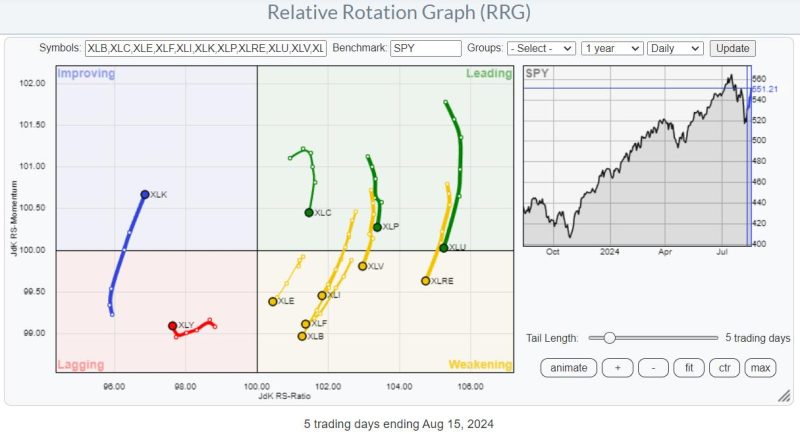Strength Off the Lows, But Concerns Remain
The world has witnessed a noticeable recovery in various industries post the challenges presented by the pandemic. As the global economy stabilizes and adapts to the new normal, a sense of optimism prevails. However, despite the overall positive trends, several key concerns linger, casting a shadow over the possibilities of a full-fledged revival.
One aspect that has shown undeniable strength in its recovery trajectory is the tech sector. Technology companies have rapidly adapted to the changing landscape, offering innovative solutions to meet the evolving needs of consumers and businesses. The surge in demand for digital services during the pandemic has propelled the growth of tech giants, enhancing their market dominance. Despite facing initial setbacks, these companies have showcased resilience and agility, positioning themselves as key players in the post-pandemic era.
Additionally, the financial sector has also demonstrated signs of recovery, albeit at a slower pace. Central banks and governments worldwide have implemented various stimulus measures to bolster the economy and support businesses and individuals. The low-interest rates and liquidity injections have provided a lifeline to struggling industries, allowing them to navigate through the uncertainties of the current environment. However, concerns about the sustainability of such support measures and potential inflationary pressures loom large, creating a sense of unease among market participants.
Another area of strength lies in the housing market, where low mortgage rates have fueled a surge in demand for homes. The shift towards remote work and the desire for more space have driven individuals to reevaluate their living arrangements, leading to a boom in the housing sector. While this trend has provided a much-needed boost to the economy, there are apprehensions about the sustainability of such growth, especially as government support measures begin to taper off.
Despite these positive developments, there are lingering concerns that threaten to derail the path to recovery. One of the primary worries is the uneven distribution of economic gains, with certain sectors and demographics bearing the brunt of the pandemic’s impact. The disparities in income, employment, and access to resources have widened, highlighting the need for targeted interventions to address these inequalities and ensure a more inclusive recovery.
Moreover, the ongoing geopolitical tensions and trade disputes continue to pose a risk to the global economy. The uncertainty surrounding international relations and policy decisions can destabilize markets and hinder the progress made in rebuilding economies post-pandemic. Finding a balance between fostering economic growth and addressing geopolitical challenges remains a delicate and complex task for policymakers and market players alike.
In conclusion, while the strength exhibited in various sectors is a promising sign of recovery, it is essential to acknowledge and address the underlying concerns that persist. By taking proactive measures to mitigate risks, foster inclusivity, and promote sustainable growth, economies can navigate through the uncertainties of the current environment and pave the way for a more resilient and prosperous future.
